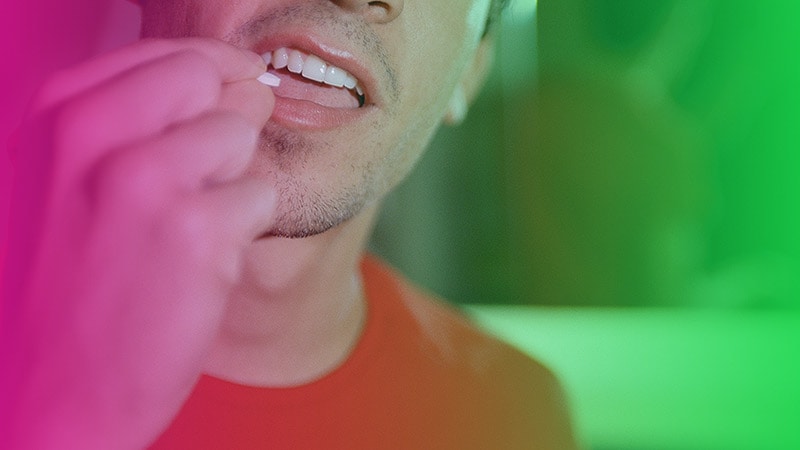MDMA Therapy for Loneliness: Potential Benefits Explored
Core Concepts
MDMA and psychedelics show promise in combating loneliness through increased social connectedness and reduced defensiveness.
Abstract
Standalone Note here
MDMA shows potential in increasing social connectedness and reducing defensiveness.
Research indicates that MDMA could be used in conjunction with therapy to combat loneliness.
Studies suggest that MDMA-assisted therapy could facilitate deeper emotional exploration.
The physiological effects of loneliness can have severe consequences, including increased risks for cancer and heart disease.
MDMA and psychedelics have shown to enhance social behaviors and reduce negative emotions.
Therapeutic applications of psychedelics like psilocybin and MDMA are being explored for treating loneliness and mental health conditions.
The exact mechanisms of how MDMA and psychedelics work to combat loneliness are not entirely understood.
Challenges such as potential psychological effects and misuse risks need to be considered when exploring the use of MDMA and psychedelics for loneliness.
MDMA Therapy for Loneliness? Researchers Say It Could Work
Stats
"This feeling of connectedness could help patients feel safe and trusting, thereby facilitating deeper emotional exploration."
"One third of Americans over 45 say they are chronically lonely."
"MDMA has been shown to reduce people's response to other's negative emotions, diminishing activation of the amygdala."
"MDMA releases oxytocin, and it does that through serotonin receptors."
"The more people felt connected after taking MDMA, the more oxytocin was found circulating in their bodies."
Quotes
"MDMA really does seem to make people want to interact more with other people." - Harriet de Wit
"MDMA-assisted therapy has already drawn popular and scientific attention." - Authors of the study
"MDMA releases oxytocin, and it does that through serotonin receptors." - Harriet de Wit
Key Insights Distilled From
by Marta at www.medscape.com 12-05-2023
https://www.medscape.com/viewarticle/mdma-therapy-loneliness-researchers-say-it-could-work-2023a1000uay
Deeper Inquiries
How can the potential psychological effects and misuse risks of MDMA and psychedelics be mitigated in therapeutic settings?
In therapeutic settings, the potential psychological effects and misuse risks of MDMA and psychedelics can be mitigated through several strategies. Firstly, strict screening processes should be implemented to assess individuals for any pre-existing psychiatric disorders or risk factors that could make them vulnerable to adverse reactions. Close monitoring during and after the administration of these substances is crucial to identify any negative psychological effects early on. Additionally, providing comprehensive education to both patients and therapists about the effects, risks, and proper use of these substances is essential to ensure informed decision-making and responsible practices.
Furthermore, setting clear guidelines and protocols for the administration of MDMA and psychedelics in therapy sessions, including dosages, frequency of use, and therapeutic techniques, can help minimize the potential for misuse. Collaborative efforts between healthcare professionals, researchers, and regulatory bodies are necessary to establish standardized practices and ensure the safe and effective use of these substances in therapeutic settings.
How might the legalization of psychedelics for therapeutic use impact mental health treatment paradigms?
The legalization of psychedelics for therapeutic use could have a significant impact on mental health treatment paradigms. By allowing for the regulated and supervised use of substances like MDMA and psilocybin in therapeutic settings, new avenues for treating mental health conditions, including loneliness, could be explored. This shift in policy could lead to increased research and clinical trials investigating the efficacy of psychedelics in treating various mental health disorders, potentially expanding the range of treatment options available to patients.
Moreover, the legalization of psychedelics for therapeutic use may challenge traditional approaches to mental health treatment by introducing novel interventions that target underlying psychological mechanisms in innovative ways. This paradigm shift could pave the way for a more holistic and personalized approach to mental health care, focusing on the integration of pharmacological treatments with psychotherapy and other supportive interventions. Overall, the legalization of psychedelics for therapeutic use has the potential to revolutionize mental health treatment paradigms and offer new hope for individuals struggling with various mental health challenges.
0
